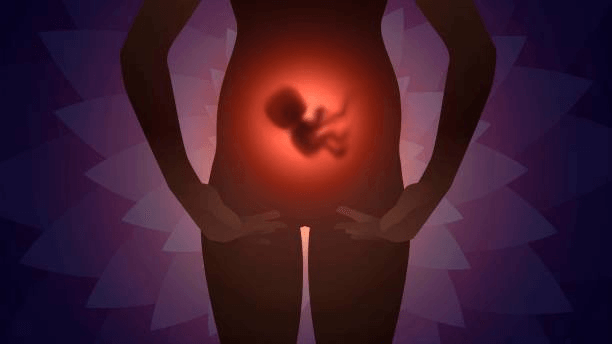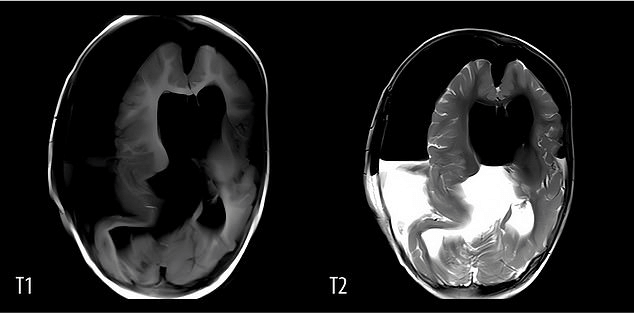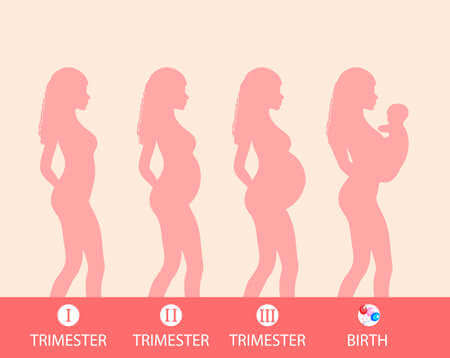Late Miscarriage: Causes, Symptoms, and Support

What is a Late Miscarriage?
A late miscarriage, also known as a second-trimester or mid-trimester loss, refers to the loss of a pregnancy between 12 and 24 weeks. This is a particularly challenging experience, as the loss occurs after the first trimester when many parents believe the risk of miscarriage has significantly decreased. Unlike early miscarriages, late miscarriages are less common, affecting about 1-2% of pregnancies.
Causes of Late Miscarriage
The reasons for late miscarriages are often unclear, but some known factors include:
- Chromosomal Abnormalities: These occur when there is an issue during fertilization, leading to conditions like Edwards’ syndrome or Patau’s syndrome.
- Structural Problems: Issues such as a differently shaped womb or cervical weakness can contribute to late miscarriage.
- Maternal Health Conditions: Conditions like diabetes, thyroid disorders, and autoimmune diseases (e.g., antiphospholipid syndrome) may increase the risk.
- Infections: Certain infections, including bacterial vaginosis and toxoplasmosis, can lead to complications that result in a miscarriage.
- Lifestyle Factors: Smoking, excessive caffeine intake, alcohol consumption, and illegal drug use can increase miscarriage risk.
Also read: Comprehensive Guide To Fertility Lubricants
Recognizing the Signs
Signs of a late miscarriage may include vaginal bleeding, cramping, and the absence of fetal movement. In some cases, there may be a noticeable change in symptoms, such as a high fever or foul-smelling vaginal discharge, which could indicate an infection.
What Happens After a Late Miscarriage?
Following a late miscarriage, you will need to deliver the baby, which can be done naturally or through induction. Hospitals provide various support options, including the opportunity to hold and create memories with your baby. Some parents find comfort in taking photographs or keeping mementos like handprints.
Post-Miscarriage Care and Support
The emotional impact of a late miscarriage is profound. It is essential to seek support, whether through counseling, support groups, or family and friends. Hospitals often offer resources to help parents navigate this difficult time. Additionally, medical tests, including autopsies and genetic testing, may provide insights into the cause of the miscarriage, although sometimes no clear reason is found.
Conclusion
A late miscarriage is a deeply emotional and challenging experience. Understanding the potential causes, recognizing the signs, and knowing the support options available can help in navigating this difficult journey. Always seek medical and emotional support tailored to your specific needs during this time.
Also read: The Latest Buzz In Pregnancy: Emerging Trends And Insights






